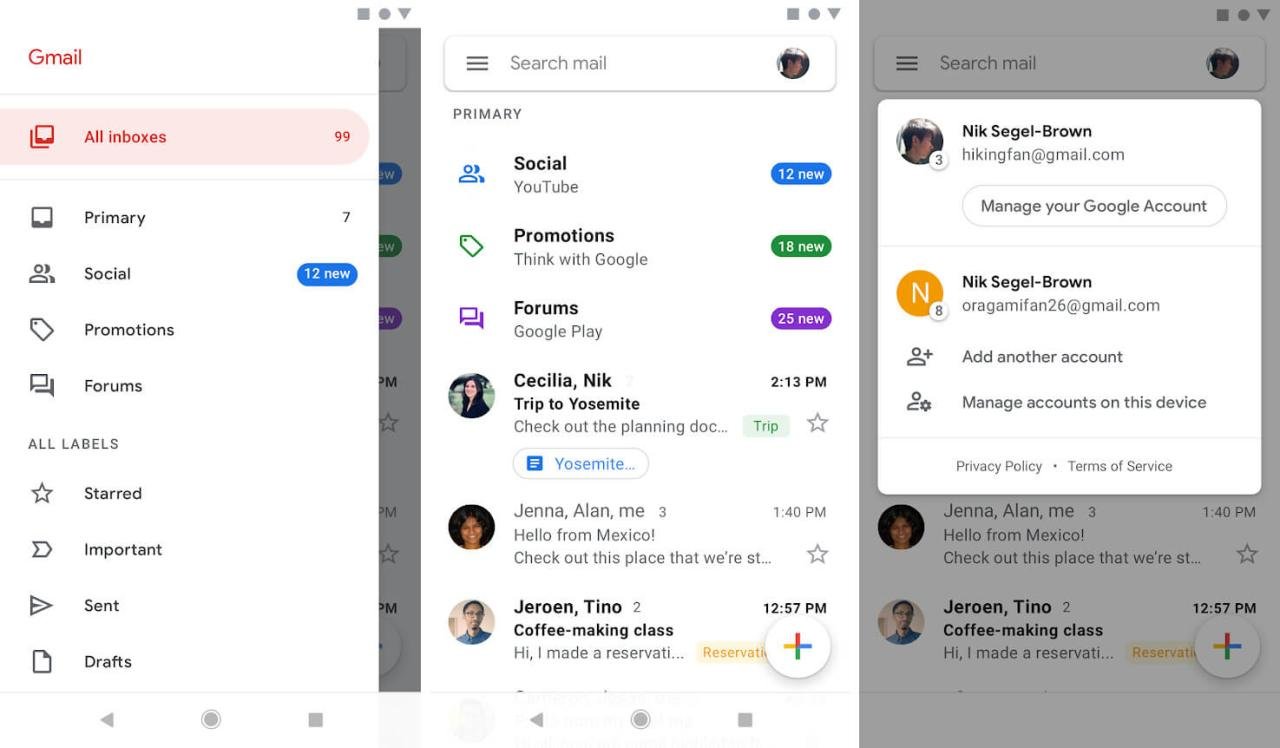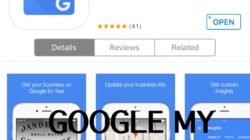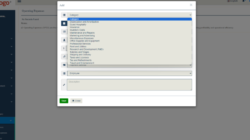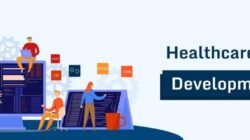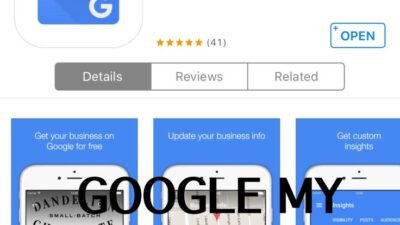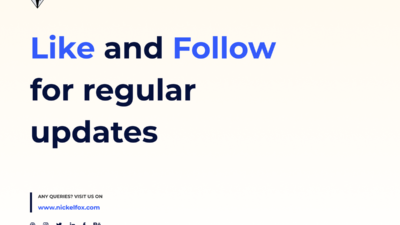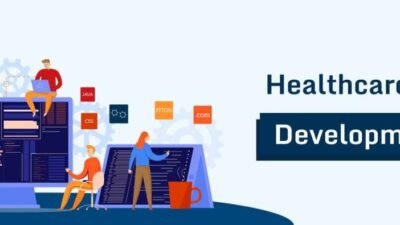Kicking off with google app for email, this platform has revolutionized the way we manage our communication. It seamlessly integrates with other Google services, offering a user-friendly interface that enhances productivity and keeps your emails organized.
From simple email exchanges to robust collaborative features, the Google app for email caters to both personal and professional needs, making it a go-to choice for millions of users worldwide. With powerful search capabilities and advanced spam filters, it ensures that important messages are never lost in the clutter.
In the 21st century, digital literacy has become an essential skill that transcends age, occupation, and geographical boundaries. As technology continues to advance at an unprecedented pace, it is crucial for individuals to adapt to the digital landscape, not only to remain relevant in the workforce but also to navigate the complexities of modern life. This article delves into what digital literacy entails, its significance, and how it can be cultivated effectively.
What is Digital Literacy?
Digital literacy goes beyond the ability to use a computer or a smartphone; it encompasses a wide range of skills that allow individuals to effectively find, evaluate, create, and communicate information using digital technologies. This includes understanding how to use software applications, navigate the internet, maintain digital security, and engage with social media responsibly. It also involves critical thinking skills to assess the credibility of information found online and recognize the impact of digital footprints.
The Significance of Digital Literacy
As our society becomes increasingly reliant on digital technologies, the importance of digital literacy cannot be overstated. Here are a few key reasons why it is vital:
- Employment Opportunities: Many jobs today require a basic understanding of digital tools and platforms. Employers prioritize candidates who possess digital skills, making it essential for job seekers to be proficient in this area.
- Access to Information: The internet is a treasure trove of information. Digital literacy empowers individuals to access educational resources, research topics of interest, and stay informed about current events.
- Social Connectivity: Communication has evolved with the advent of social media and messaging apps. Being digitally literate enables people to connect with others, share ideas, and build networks across the globe.
- Critical Thinking: As misinformation proliferates online, developing digital literacy skills helps individuals critically evaluate sources and discern credible information from unreliable content.
Cultivating Digital Literacy
Building digital literacy is a lifelong journey that can begin at any age. Here are some strategies to help individuals cultivate these vital skills:
1. Start with the Basics
For those new to technology, it is crucial to start with foundational skills. Learning how to use operating systems, file management, and basic software applications can provide the groundwork for more advanced skills.
2. Utilize Online Resources
There is a wealth of online resources available for those looking to improve their digital skills. Websites like Khan Academy, Coursera, and YouTube offer free tutorials and courses on a variety of digital topics.
3. Practice Regularly
Like any other skill, regular practice is essential for mastering digital literacy. Engaging with different digital platforms, experimenting with new software, and staying updated on technology trends can enhance one’s proficiency.
4. Join Community Learning Groups
Joining community groups or workshops can provide hands-on experience and the opportunity to learn from others. Many libraries and community centers offer classes focused on digital literacy.
Challenges to Digital Literacy
While the path to digital literacy is beneficial, it isn’t without challenges. Some common obstacles include:
- Access to Technology: Not everyone has equal access to devices and high-speed internet, which can hinder opportunities to develop digital skills.
- Fear of Technology: Many individuals, particularly older generations, may feel intimidated by new technologies, leading to reluctance in learning.
- Rapid Technological Change: The fast pace of technological advancement means that skills can become outdated quickly, necessitating continual learning.
Conclusion
In conclusion, digital literacy is a fundamental skill in today’s technology-driven world. As we continue to embrace digital transformation, it is imperative for individuals to acquire and refine their digital skills. By recognizing the importance of digital literacy and actively engaging in learning opportunities, we can empower ourselves and others to thrive in the digital age. Whether for personal growth, professional development, or social engagement, being digitally literate is no longer optional; it is a necessity.
FAQ Summary
What features does the google app for email offer?
The app offers features such as email organization, advanced search, spam filtering, ability to integrate with Google Drive and Calendar, and robust collaboration tools.
Is the google app for email free to use?
Yes, the basic version of the google app for email is free, but users can upgrade to Google Workspace for additional features and storage.
Can I access the google app for email offline?
Yes, you can access emails offline if you enable offline mode in your Google account settings.
How does the spam filter work in the google app for email?
The spam filter uses machine learning algorithms to detect and automatically move suspicious emails to the spam folder, helping keep your inbox clear.
Can I use the google app for email on mobile devices?
Absolutely! The google app for email is available on both Android and iOS devices, providing a seamless experience across platforms.
